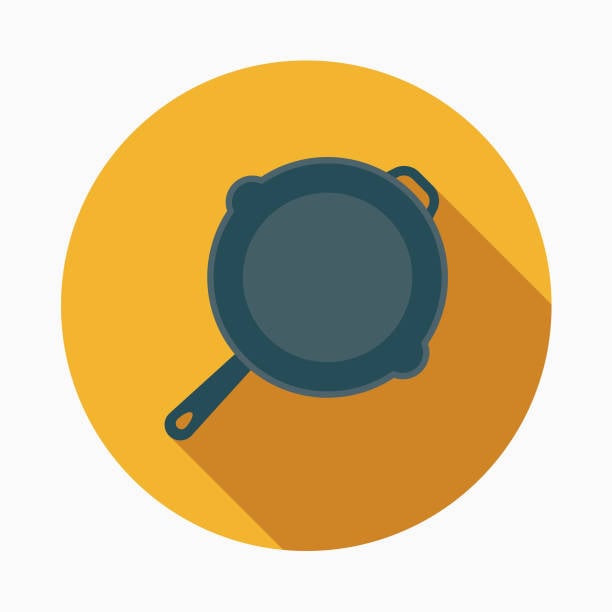Assuming that you want to keep your budget in a price range similar to the Capresso Infinity Plus, you don’t have too many electric options that will be suited for espresso, let alone suited for filter coffee and espresso.
That being said, I think the Baratza Encore sounds right up your alley when it comes to longevity and reliability. It’s more expensive than the Capresso, but it’s durable, repairable (and popular enough that you’ll find lots of documentation online from others who have had to repair the grinder), and definitely a capable-enough grinder to get tasty cups with. In my personal experience, it’s the cheapest electric grinder where you aren’t necessarily conceding taste for convenience when it comes to grinding for filter coffee. And if you for some reason get the itch to upgrade your setup, the Encore can be made to fit a different burr offered by Baratza, the M2, which does improve the filter coffee. The original Encore makes claims that it can grind for espresso, but you should take that with a grain of salt. While it can technically grind at the espresso range, the grind adjustment mechanism simply cannot make the minute adjustments necessary to dial in your espresso properly. You can probably get a drinkable espresso, and maybe even a good one depending on the particular bean, but I don’t think you would get enough control to ever be satisfied if you are particular about your espresso, or ever think you might become particular in the future.
That being said, Baratza has also recently released a different version of the Encore, the Encore ESP, that they claim is capable of making minute adjustments for espresso. I want to stress that I have no personal experience with this grinder, unlike the Encore, so I cannot vouch for its suitability for espresso, nor whether it’s worth the additional cost. It is worth doing more research into if you think that you’ll want to get more into espresso.
I know that I wrote quite a bit about the Encore, but that’s really just because I made the assumption that you were looking for an electric grinder. Others have mentioned hand grinders in the sub 220USD price range, and I personally would tend to choose a hand grinder of the same price versus an electric grinder. This might be due to my own personal biases, but in my experience, hand grinders offer far better value for money in this space (but how much you value convenience may differ).









Late to the party here, but I’d caution against buying sets. They often come bundled with lots of superfluous pans that your giftee might not use. If you know their normal cooking habits, I’d purchase individual pieces to make your own set. To that end, I’d probably say that you want to pick up just two skillets, a saucepan, and a pot, unless they’re starting from scratch and tossing all their other cookware.
For the pan, I think that a regular cast iron is a good choice. Cheap options here for a brand new pan are Lodge and Victoria, and they work as well as the more expensive boutique cast iron brands. You’ll likely have trouble finding nicer antique cast iron at thrift stores because it’s become rather popular to buy and resell Wagners, BSRs, and Griswolds for the price of new Lodges or more. If your giftee doesn’t mind used antiques, these three brands are all quite nice if you know what to look for. Definitely check for any signs of pitting if you look for a used one. If you really wanted to though, Field, Stargazer, and Butter Pat all have more expensive pans that are polished to have a smooth surface. This will not affect the performance of the pan in any way, shape, or form. If they cook with tomatoes or other acidic foods a lot, you’re going to want to opt for an enameled skillet. Le Creuset and Staub are the default answers here, since they have a long history and lifetime warranty. However, if you want something cheaper, Tramontina and Lodge also make enameled skillets. As for size, a 10-inch skillet should be sufficient for a family of 2-4, while a 12-inch skillet or larger would be necessary for larger families. These skillets get much heavier as you increase in size, so there are some downsides to just picking up the largest size available.
Personally, I find that I only ever need one cast iron skillet, because I just don’t ever cook two separate dishes at the same time that would take advantage of the main advantages of cast iron (great heat retention and the ability to go from stovetop to oven). If you think they’d like it, I would suggest going with stainless steel for a second skillet. It’s capable of handling acids, heats quickly, is oven safe, and can be used to build fond. It’ll also last a lifetime with proper care. Here, almost any fully clad skillet is suitable, but some of the splurge options are Demeyer and Hestan. I have no personal experience with them, but the lack of rivets does look rather nice. I use All-Clad skillets myself, but the handle shape can be unwieldy on some of the lines so they aren’t for everyone. Great Jones is a direct to consumer brand that makes some pretty looking cookware, but aren’t necessarily cheap. More budget options that still do the job perfectly well are Calphalon and Tramontina. I’m sure many other fully clad options out there are also great, these are just the ones that I could think of off the top of my head and believe are worth taking a look at. Given the sloped edges of most stainless steel skillets, you’d probably want something in the 12-inch range. Alternatively, a stainless steel saute pan could be good. A 3qt size could bridge some of the gap between a skillet and a pot.
On the topic of stainless steel, I also think it’s the material of choice for a small saucepan. In my opinion, cast iron is just too heavy and changes temperature too slowly to be suitable for a saucepan. All the same brand recommendations apply when looking for a saucepan. I like the 1qt size and it’s probably what I use the most, but anything from 1-2qt is probably good. Too large and you end up with something too similar to the dutch oven
For a pot, I wouldn’t recommend anything other than an enameled cast iron dutch oven if you must have cast iron. It provides more flexibility to cook with acids and liquids without worrying about ruining the seasoning. As above, Le Creuset and Staub make beautiful pieces that carry a lot of social cache, and they both feature a lifetime warranty. I have experience with the Le Creuset warranty, and was able to get a free replacement dutch oven after mine suffered some chips in the enamel. However, Tramontina and Lodge both make perfectly good options at a much lower price point. Here, I’d buy a dutch oven that’s anywhere from 6-8qt, depending on personal need. I’d err on the side of larger, but they can take up a lot of space.
These four items should be enough to cover 99% of a home cook’s needs without taking up a bunch of storage space. You can always add more if you’d like, and I’d be happy to make more recommendations if you know what sort of cooking your giftee likes to do. I know that personally, I’d be happier with a curated selection of nicer pans than a set that comes with more pans than I know what to do with. Best of luck, and I’m sure your giftee will love it no matter what!